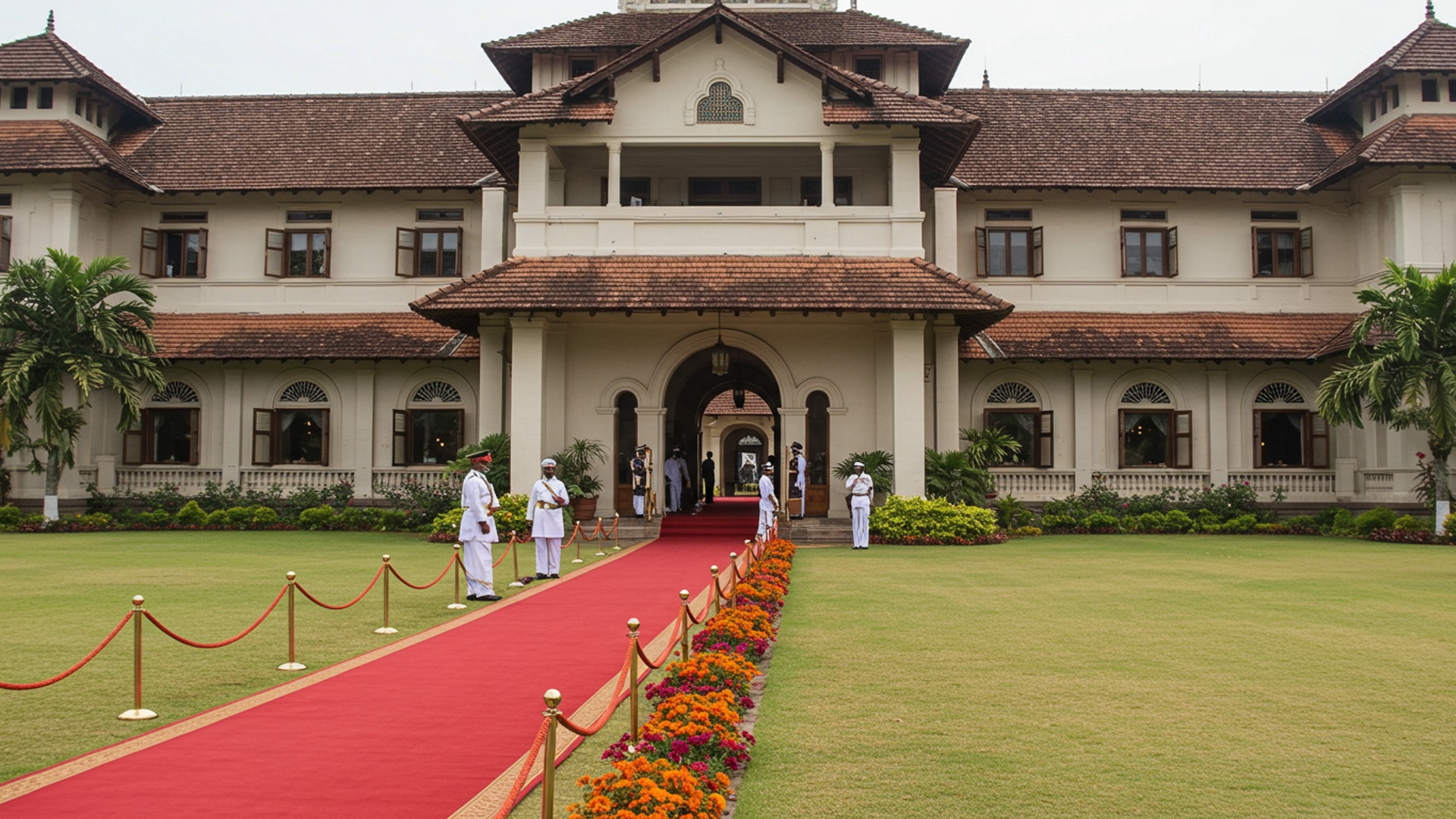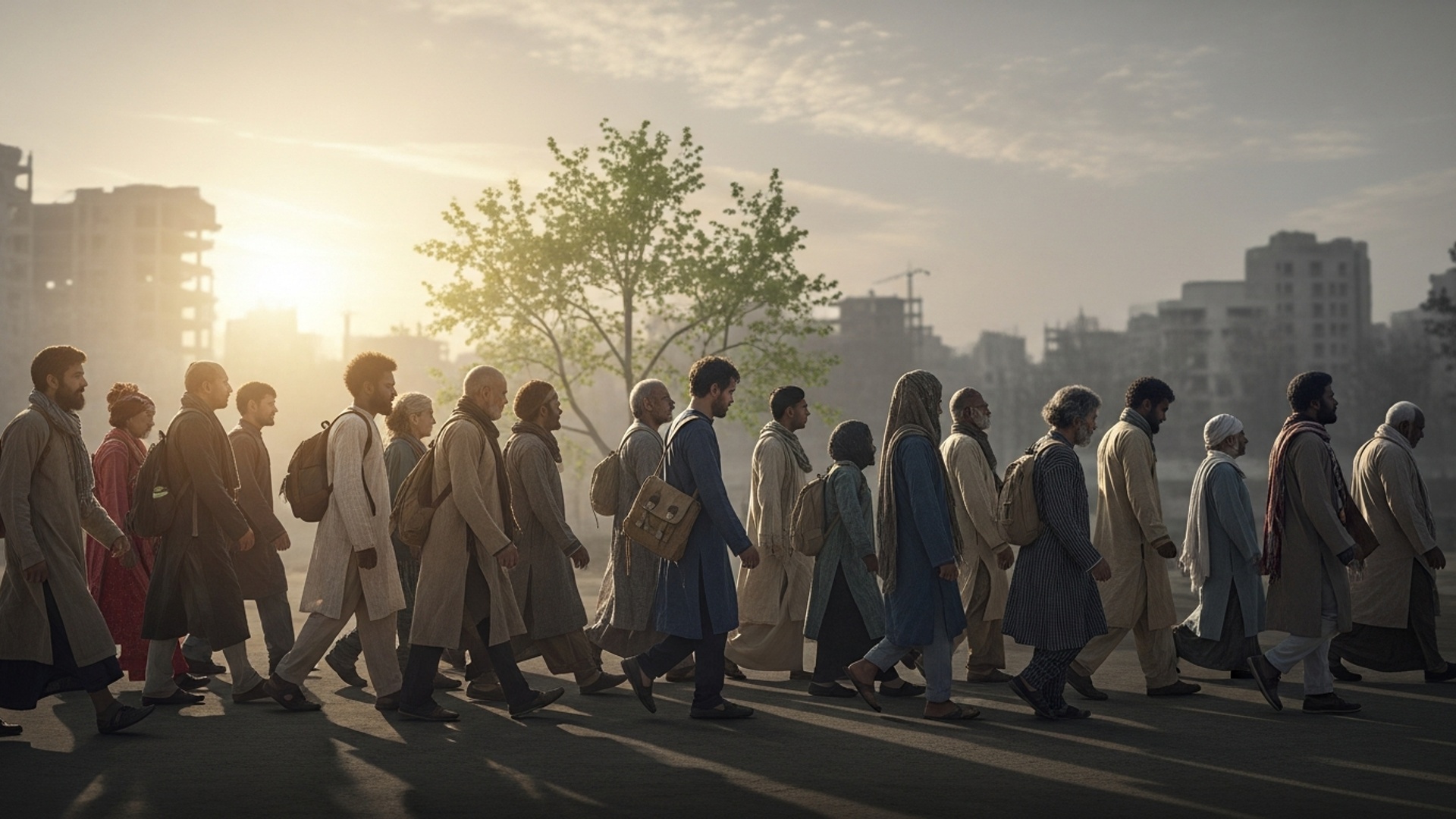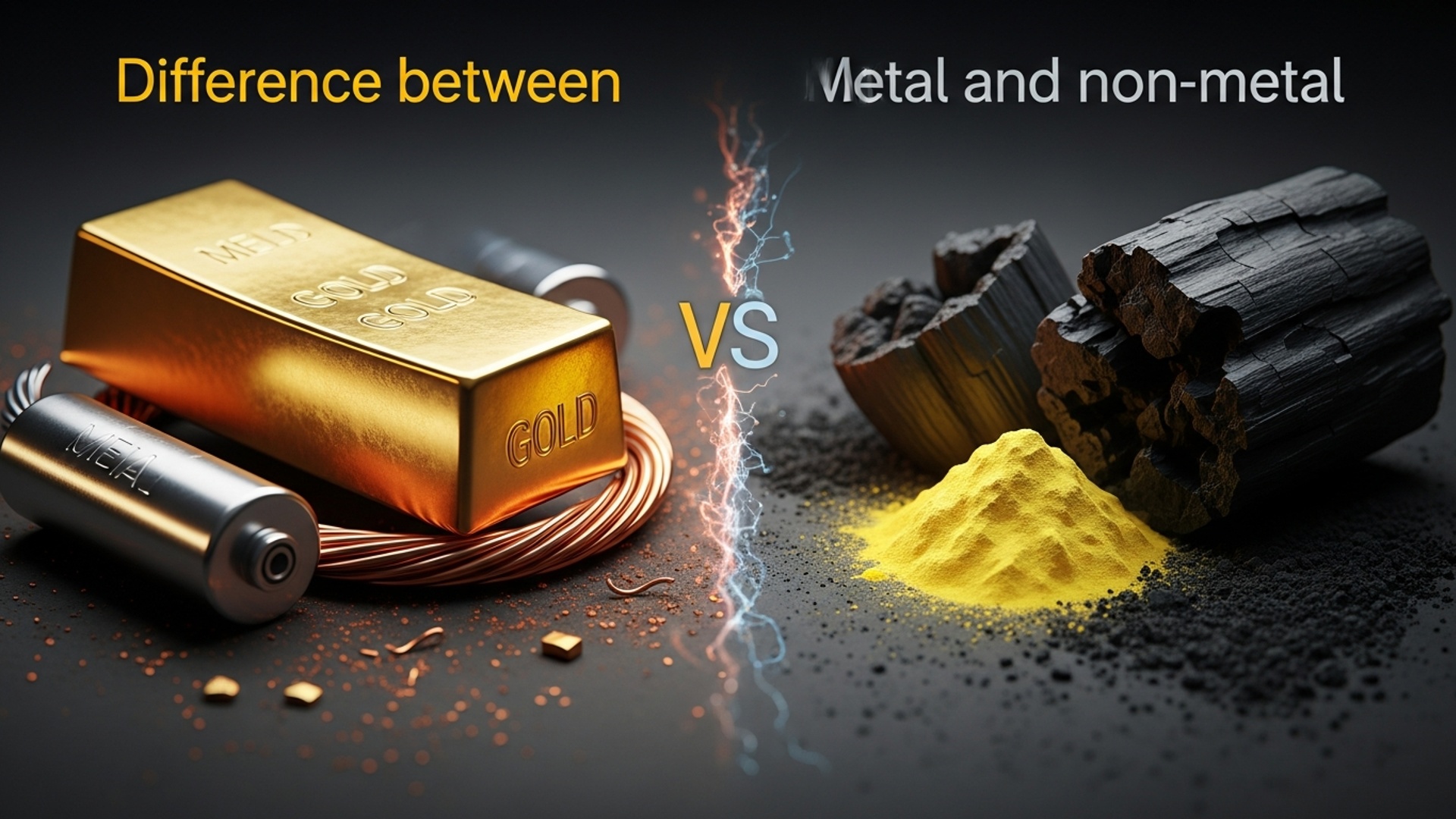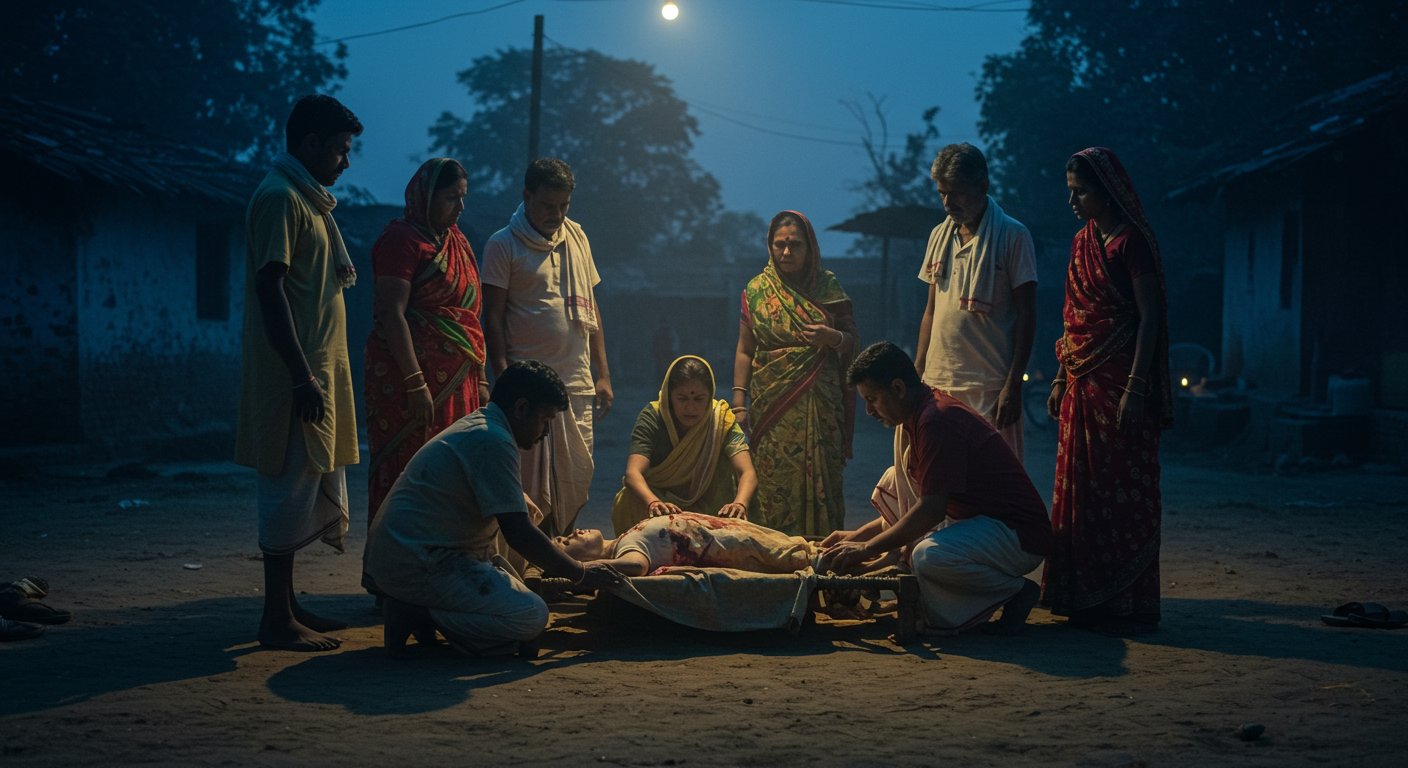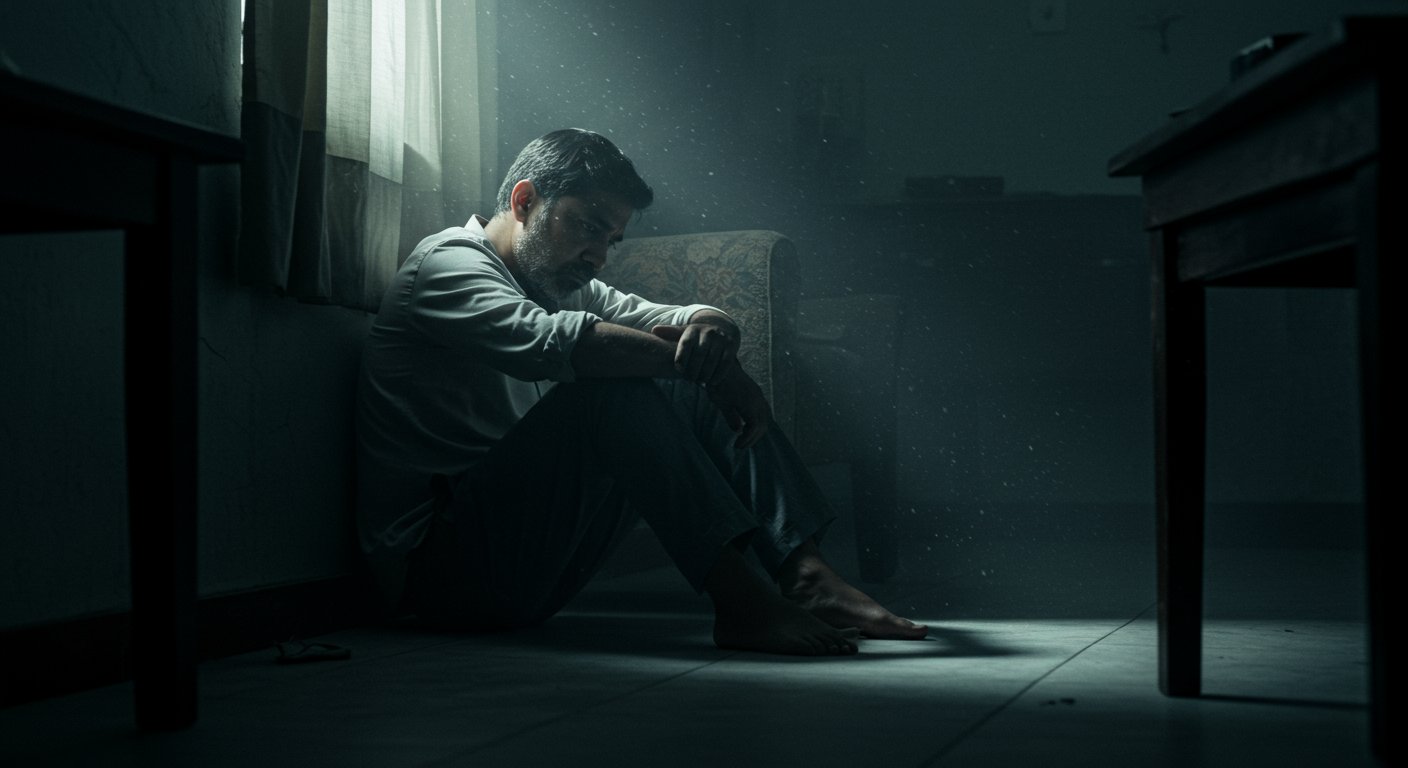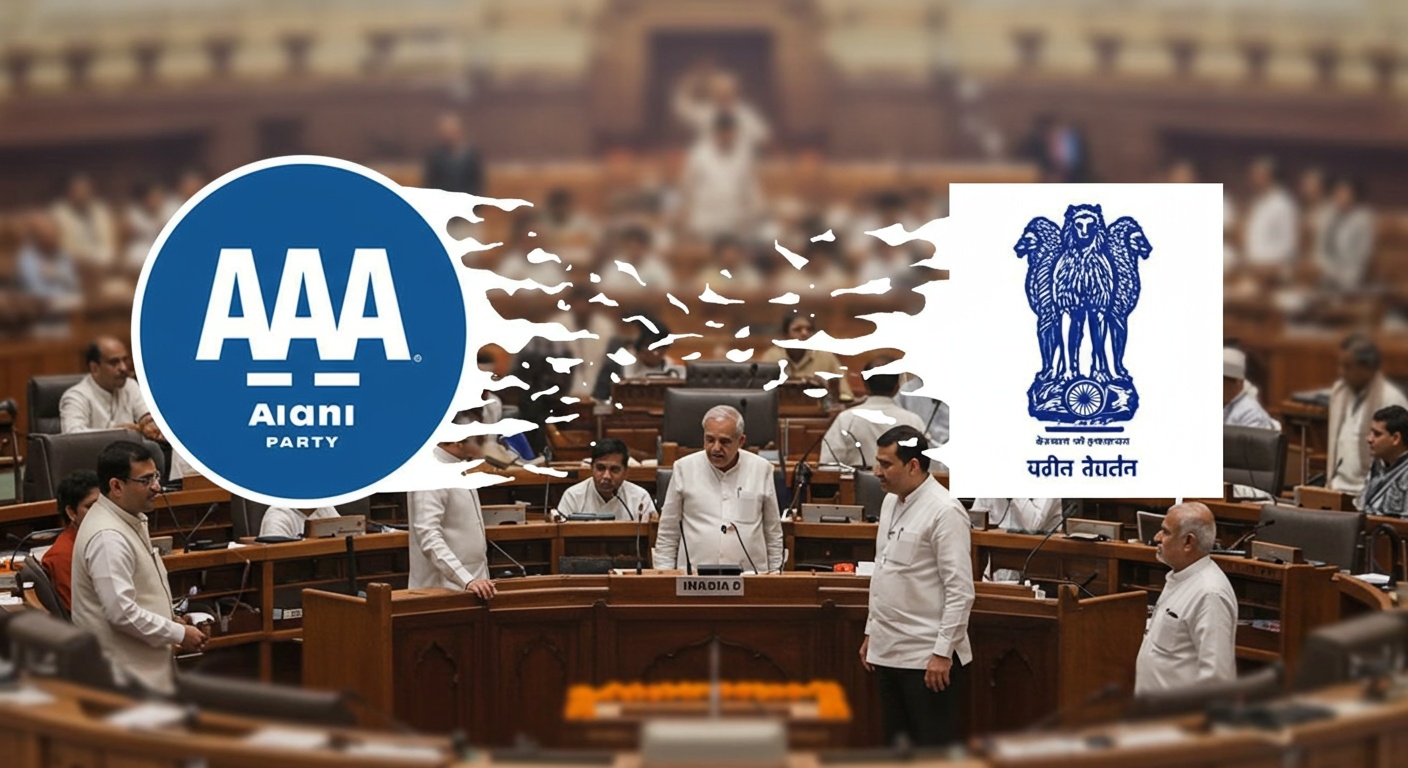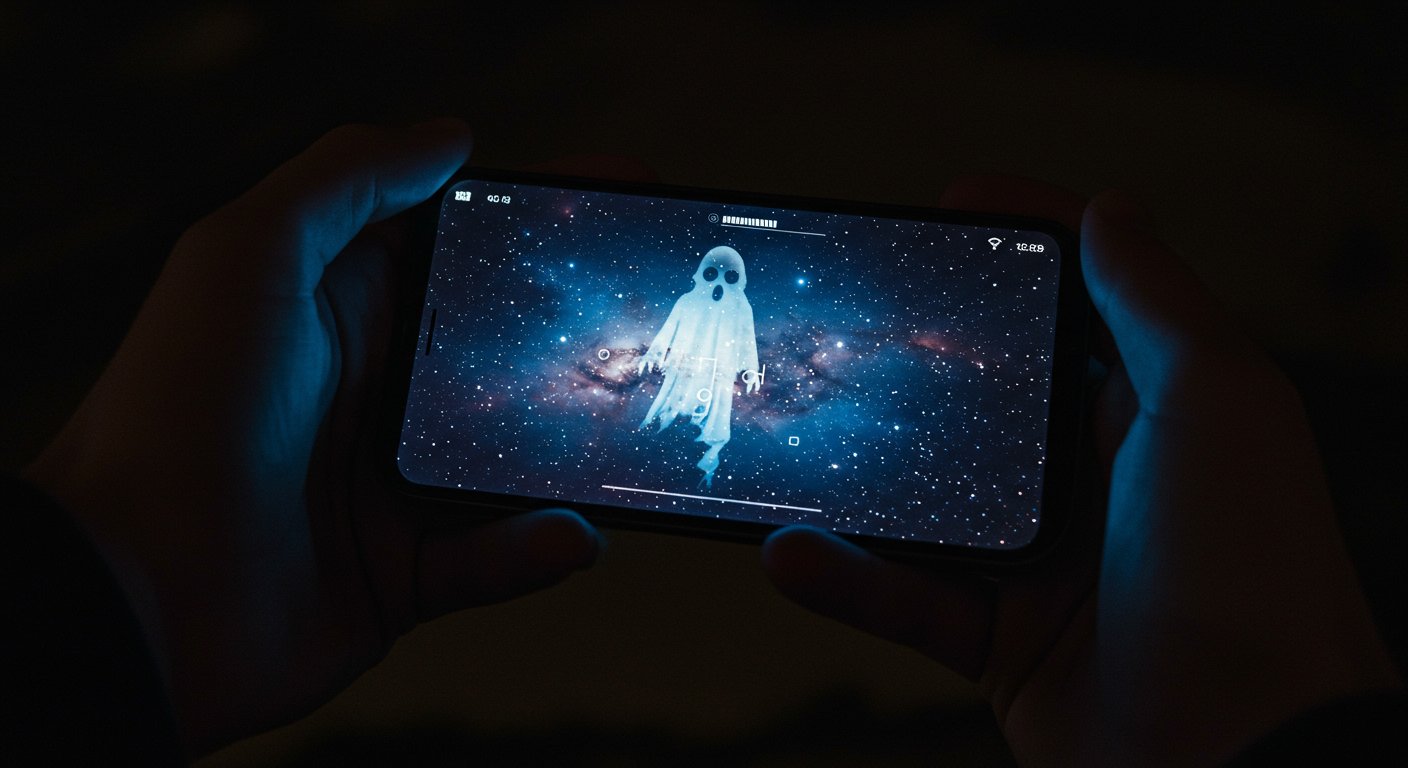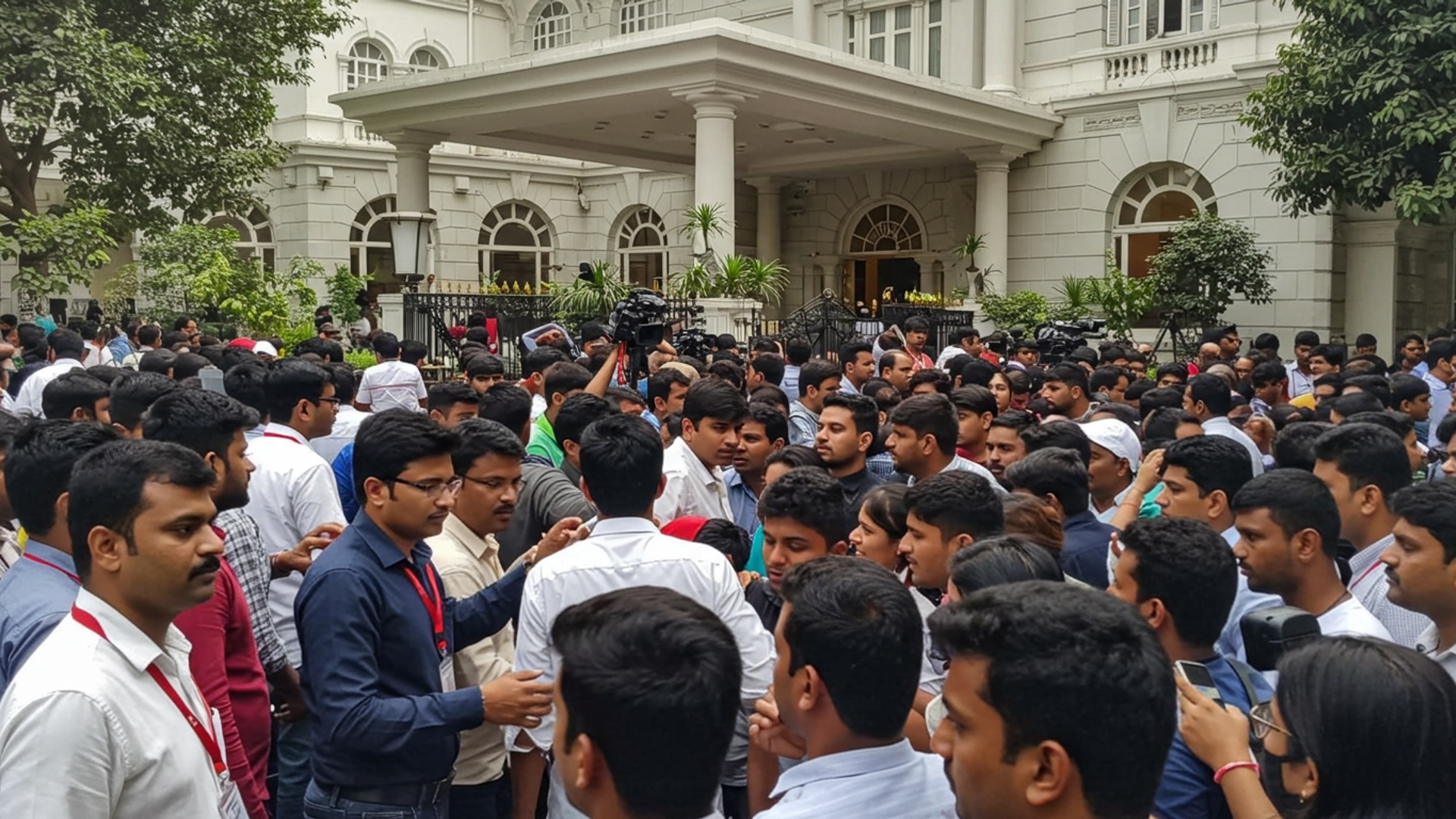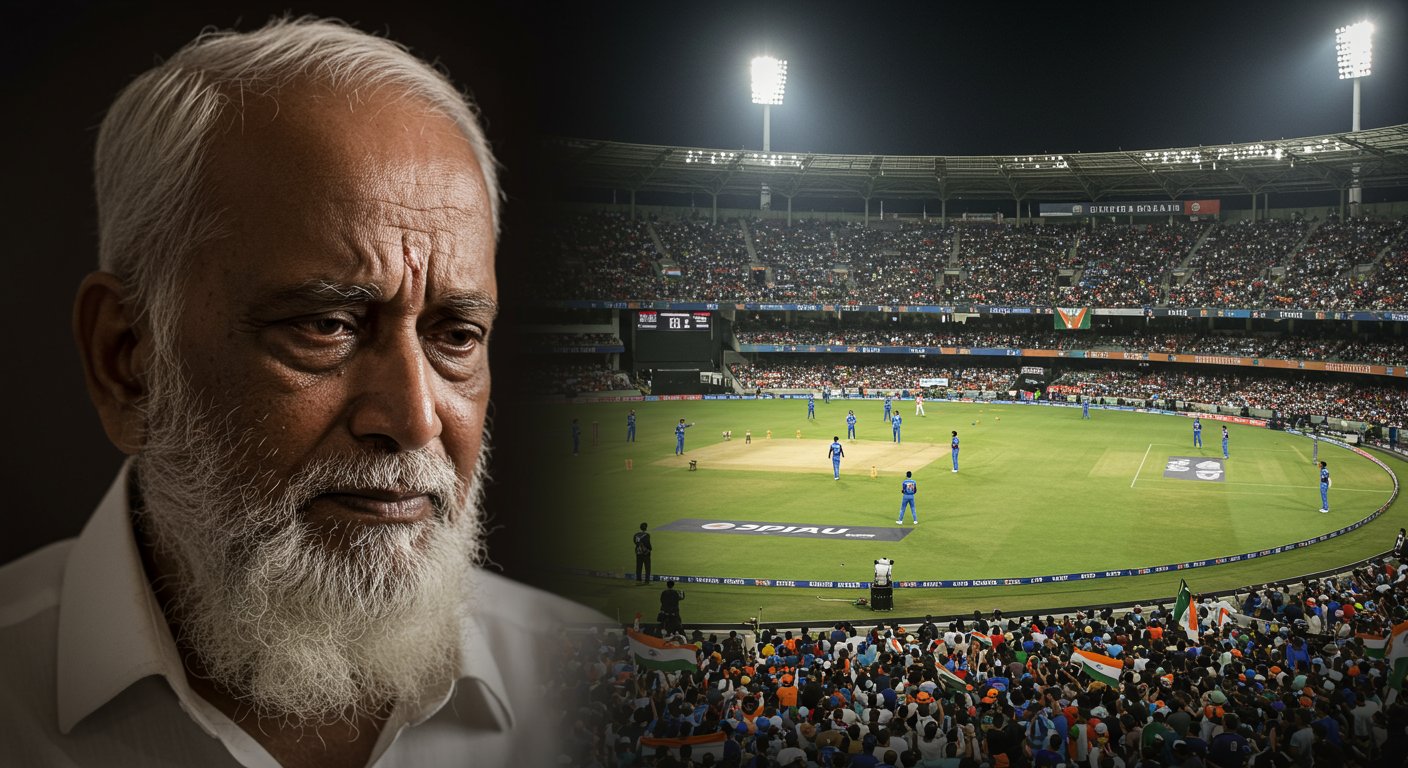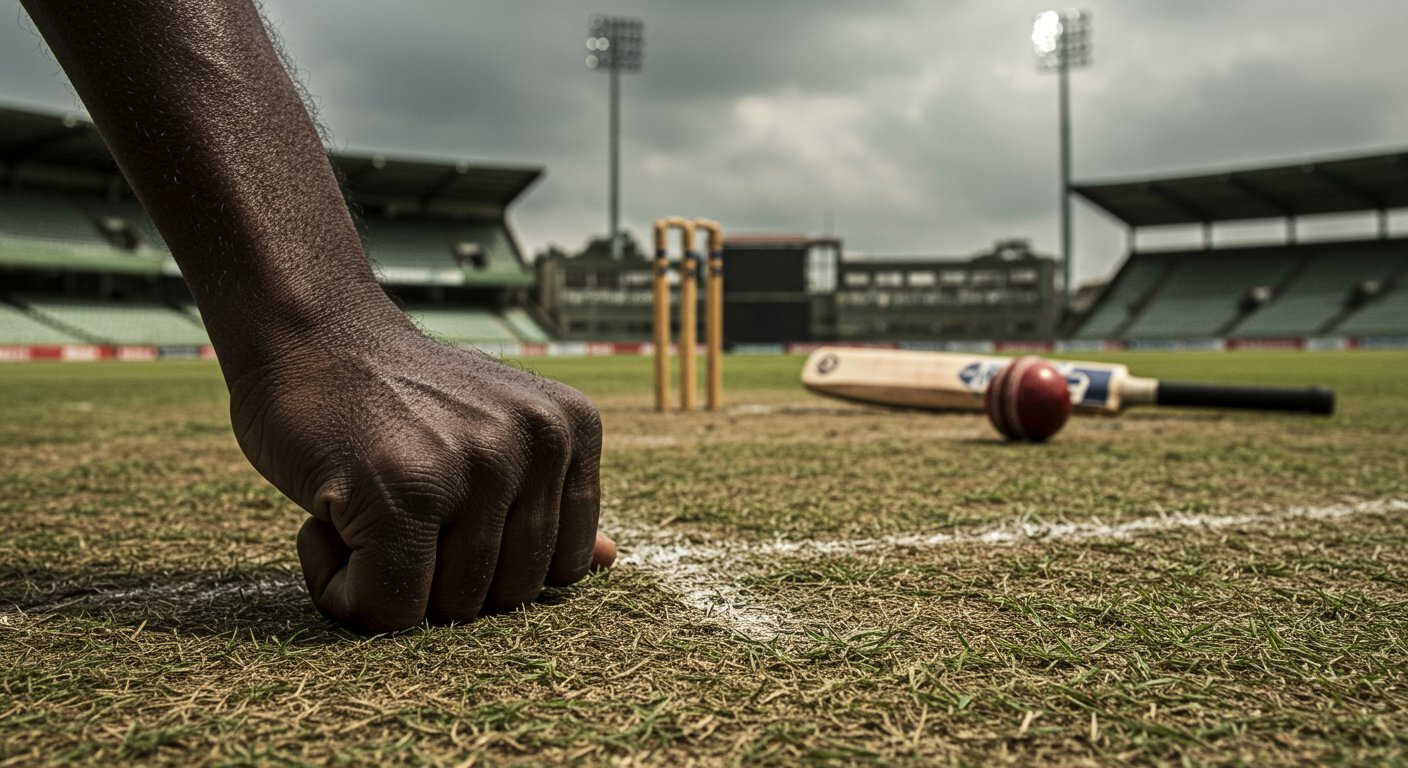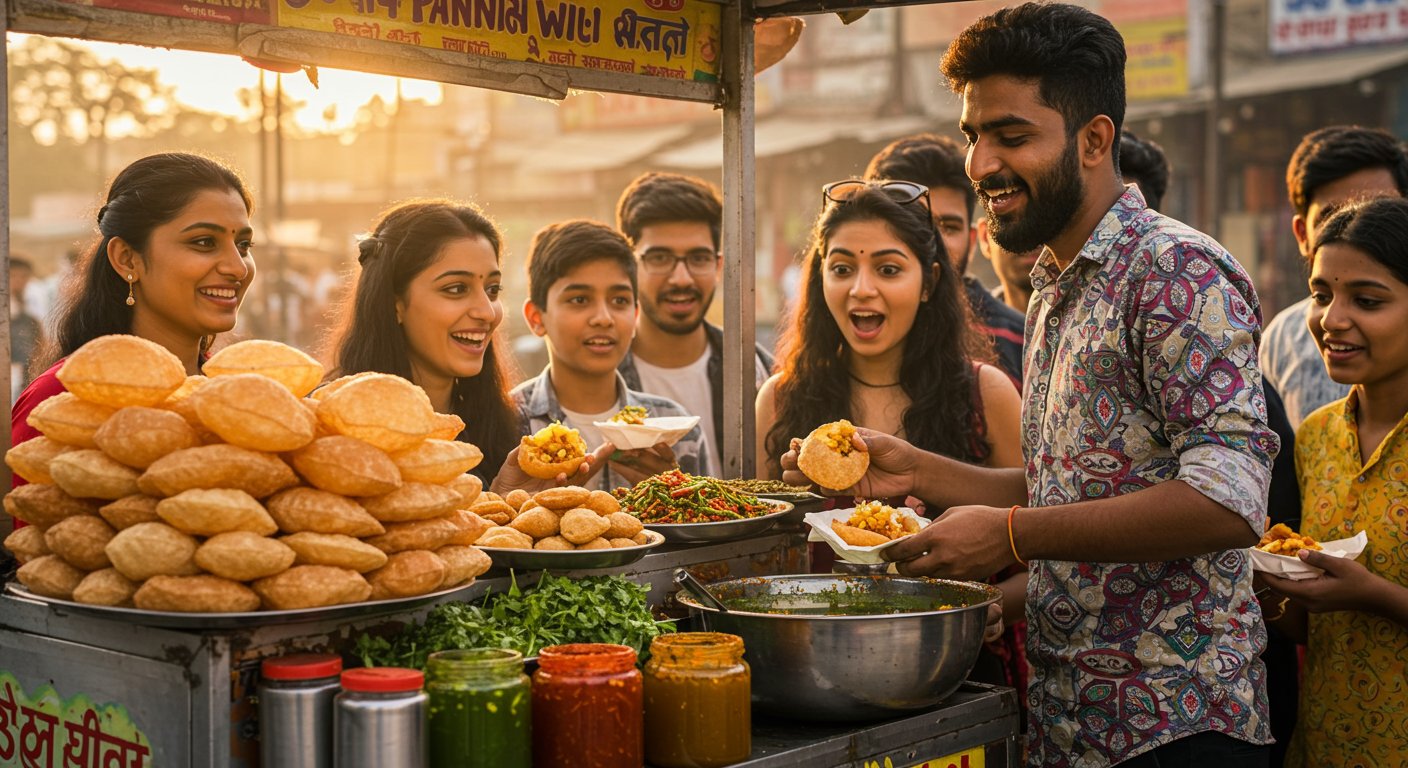Political tensions in Kerala reached a new high as the Chief Minister did not go to the Governor’s Independence Day reception today, a move that shows how deep the trouble is between the state’s main leader and the head of the state. This big miss at an vital public event points to a continuing fight for power. It sets a tough mood for the state’s government. The Chief Minister’s choice sends a clear sign of unhappiness, making people wonder about working together in the future and how things will be run. This big rejection on a national holiday gets immediate attention, showing the serious split happening in the state right now.
Deepening Differences
The relationship between the Chief Minister of Kerala, Pinarayi Vijayan. the state’s Governor, Arif Mohammed Khan, has seen increasing strain over time. This tension has been a recurring theme in Kerala politics, marked by disagreements on various fronts. The recent decision by the Chief Minister to skip the Governor’s Independence Day reception is seen as a significant escalation of these ongoing differences, reflecting a clear breakdown in the working relationship between the constitutional head of the state and the elected government. This public display of discord signals a deepening political fallout in the state.
Understanding the Key Issues
The core of the dispute often revolves around the powers and roles of both the Governor and the elected state government. One major point of contention has been the Governor’s role in the legislative process, specifically regarding bills passed by the state assembly. There have been instances where the Governor has withheld approval for bills, leading to public disagreements and legal challenges. This has created a sense of legislative uncertainty and frustration within the state government, which views the Governor’s actions as overstepping constitutional boundaries and obstructing the will of the elected representatives. The government believes these delays hinder the implementation of policies and programs aimed at public welfare. Another significant area of conflict has been related to university appointments and administration. The state government often accuses the Governor, who is also the Chancellor of state universities, of interfering in the appointment of Vice-Chancellors and other academic matters. These allegations suggest a perceived attempt by the Governor to assert control over autonomous institutions, which the government considers to be within its purview. The government’s stance is that such interventions undermine the independence of educational bodies and are politically motivated, disrupting the normal functioning of universities.
Government’s Position and Reasons for Boycott
The decision by Chief Minister Pinarayi Vijayan to not attend the Independence Day reception hosted by Governor Arif Mohammed Khan underscores the deep chasm that has developed. While no official statement detailing the exact reasons for the boycott has been released, political observers and government sources indicate that it is a direct result of the long-standing friction. The Chief Minister’s office has consistently expressed concerns over the Governor’s actions regarding state legislation and university affairs.
“The Chief Minister’s absence sends a strong message that the current working relationship with the Governor is untenable. This is not a personal slight. a reflection of systemic issues and repeated infringements on the state’s autonomy,” a source close to the Chief Minister’s office indicated, speaking on condition of anonymity due to the sensitivity of the matter.
The government views the Governor’s actions, such as delaying approval to bills and perceived interference in administrative matters, as a direct affront to the democratic mandate received by the state government. The boycott, therefore, is interpreted as a protest against what the ruling party considers unconstitutional overreach and an attempt to highlight the challenges faced by the state government due to the Governor’s stance. The government believes this action was necessary to assert the state’s rights.
Governor’s Perspective and Role
From the Governor’s side, actions are often framed within the context of upholding constitutional propriety and ensuring good governance. The Governor’s office typically asserts that decisions regarding bills or appointments are made after careful consideration of legal and constitutional provisions. Governors often emphasize their role as guardians of the constitution and believe they are acting within their mandated powers to scrutinize legislation and appointments. Their office maintains that their actions are impartial and aimed at serving the best interests of the state and its people, ensuring that laws and appointments follow established rules.
“The Governor acts as per the Constitution and established legal precedents. Every decision is taken keeping in mind the welfare of the state and adherence to the rule of law,” a statement from the Governor’s Secretariat has previously asserted in response to criticisms from the state government.
The Governor’s office may view any delays in approving bills as a necessary process for thorough review or seeking legal advice, rather than an intentional obstruction. Similarly, interventions in university matters are often justified as efforts to maintain academic standards and prevent political interference in educational institutions, ensuring transparency and merit-based selections.
Reactions from Political Parties
The boycott has naturally drawn varied reactions from other political parties in Kerala. The ruling Left Democratic Front (LDF) has largely supported the Chief Minister’s decision, characterizing it as a necessary step to protect the state’s federal rights and to resist what they term as “unwarranted interventions” from the Governor’s office. They argue that the Governor is acting beyond his constitutional limits and that the state government is simply defending its democratic space and the will of the people. The opposition United Democratic Front (UDF) has offered a more nuanced response. While acknowledging the existence of friction between the government and the Governor, some UDF leaders have expressed concern over the boycott, suggesting that such actions could further escalate tensions and negatively impact the state’s administration. Others have criticized both sides, calling for a more constructive dialogue to resolve the differences in a mature manner.
“While there are indeed issues between the government and the Governor, a boycott of a national event like Independence Day reception is not the ideal way to resolve them. It only deepens the divide and sets a poor example,” remarked a prominent UDF leader, urging for reconciliation.
The Bharatiya Janata Party (BJP), which is in power at the national level, has often sided with the Governor, reiterating the constitutional role of the Governor and suggesting that the state government should cooperate rather than confront. They often portray the Governor’s actions as legitimate oversight and emphasize the importance of constitutional harmony.
Historical Context of Governor-State Tensions
The friction between state governments and Governors is not unique to Kerala and has been a recurring feature of India’s federal structure. Throughout India’s political history, there have been numerous instances where Governors appointed by the central government have found themselves at odds with elected state governments, especially when different political parties are in power at the Centre and in the state. This historical pattern provides a broader context for understanding the current developments in Kerala. These tensions often stem from differing interpretations of the constitutional provisions defining the Governor’s discretionary powers versus the powers of the elected state cabinet. Issues such as the appointment of Chief Ministers, the dismissal of state governments, the reservation of bills for the President’s approval. more recently, disputes over university appointments, have frequently led to confrontations. The role of the Governor has often been debated, with some arguing for greater autonomy for state governments and others emphasizing the Governor’s role as a vital link to the central government and a protector of the constitution and rule of law.
What This Means for the Future
The Chief Minister’s boycott of the Independence Day reception indicates a further deepening of the political divide in Kerala. It suggests that the disagreements between the state government and the Governor are not likely to be resolved quickly and may continue to escalate. This ongoing friction could have several implications for the state. First, it could potentially delay the enactment of crucial legislation if bills continue to be withheld or returned by the Governor. This can affect the implementation of government policies and development initiatives, directly impacting the public. Second, it might impact the smooth functioning of state administration, especially in areas where the Governor has a direct role, such as university governance, leading to uncertainty. Third, the public display of discord could create an impression of political instability, even if the daily functioning of the government continues as usual. This ongoing conflict highlights a significant challenge to cooperative federalism in the state. ![]()
